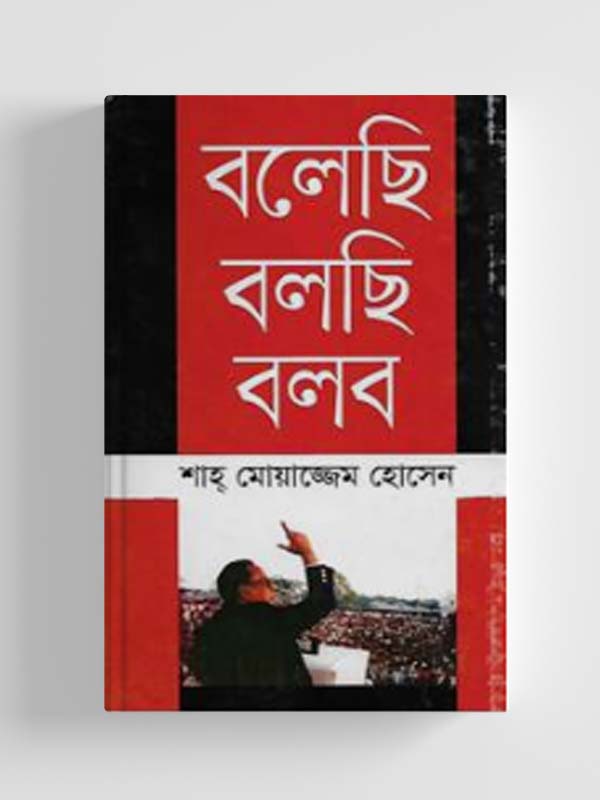- Political Arrests and Personal Vendettas:
- The author discusses the arrest of three individuals, including himself, as a result of a personal vendetta from a political leader, specifically mentioning “হাসিনার একটা ব্যক্তিগত ক্রোধ” (Hasina’s personal anger) against them for opposing her party. This is highlighted in the context of a politically motivated case that was brought against them after a long period, suggesting that the arrests were not based on legitimate grounds but rather on personal animosity (Page 8).
- Judicial and Political Manipulation:
- The author criticizes the judicial system and the political manipulation involved in the arrests, stating that the case against them was a means to satisfy personal and party-related grievances rather than a pursuit of justice. He notes, “আমাদের বিরুদ্ধে এই মামলাটি তার জাজ্ল্যমান প্রমাণ” (This case against us is a clear proof of her judgment) (Page 8).
- Criticism of Leadership:
- There is a strong criticism of the leadership style of the political figures in power, particularly regarding their handling of dissent and opposition. The author mentions that the political environment is characterized by “বেয়াদব লোকটিকে কেউ বের করে দাও” (Get rid of the rude person) (Page 98), indicating a lack of tolerance for opposing views.
- Historical Revisionism and Accountability:
- The author reflects on the historical narrative surrounding the independence of Bangladesh and the subsequent political developments, criticizing the selective memory of political leaders. He states, “যখন বাংলাদেশের স্বাধীনতার ইতিহাস লেখা হবে তখন এই বিশাল জনগণের অকৃত্রিম সহযোগিতা ও সমর্থনের কথাও স্ব্ণাক্ষরে লিপিবদ্ধ হবে” (When the history of Bangladesh’s independence is written, the genuine support and cooperation of this vast population will also be recorded in golden letters) (Page 78).
- Critique of Government Actions:
- The author expresses discontent with the government’s actions during crises, particularly during the famine of 1974, stating that it was a man-made disaster and criticizing the government’s failure to prevent such occurrences. He mentions, “আমাদের সরকারের অবদান এই ‘৭৪-এর দুর্ভিক্ষ এ ধরনের মানুষ-সৃষ্ট বিপর্যয় কোন জাতির ইতিহাসে পুনরাবৃত্তি না ঘটুক এটাই কাম্য” (The government’s contribution to the 1974 famine is such that we hope this kind of man-made disaster does not recur in any nation’s history) (Page 243).
- Criticism of Political Allies:
- The author also criticizes political allies and former colleagues for their actions and decisions, suggesting that they have betrayed the principles they once stood for. He notes, “এখন বুঝা যাচ্ছে, এ মামলার কথাবার্তা চালিয়ে যদি এই মামলায় কিছু করা যায়” (Now it is understood that if something can be done in this case by continuing the discussions, it will be done) (Page 296).
- Public Sentiment and Political Discontent:
- The document reflects on the public sentiment towards the political situation, indicating a growing discontent among the populace regarding the leadership and governance. The author mentions, “মানুষের সমর্থন এবং উদ্দীপনা আমাদেরও উৎসাহিত করছিল” (The support and enthusiasm of the people were also encouraging us) (Page 346).
I have spoken, I am speaking and I will speak: Shah Moazzem Hossain
